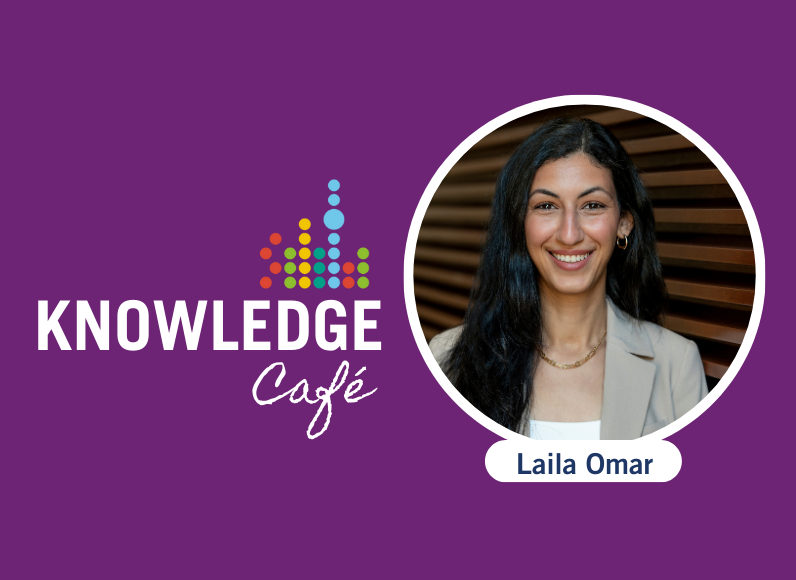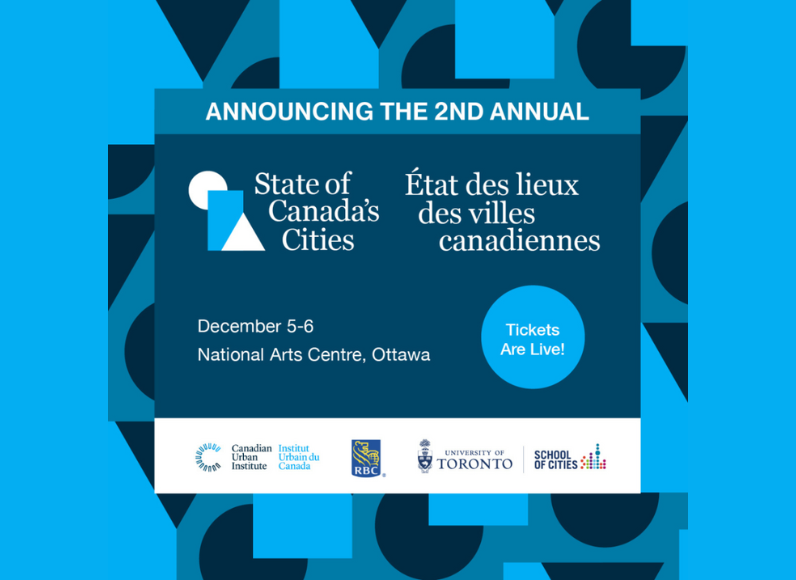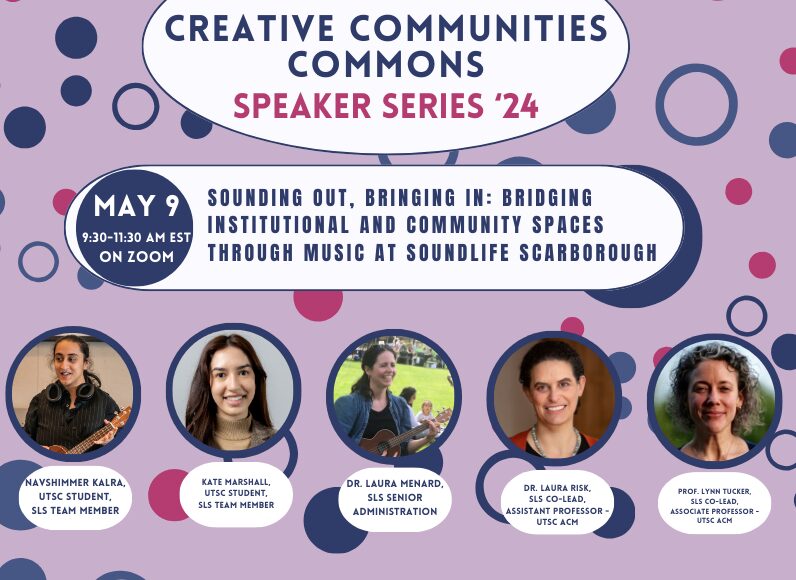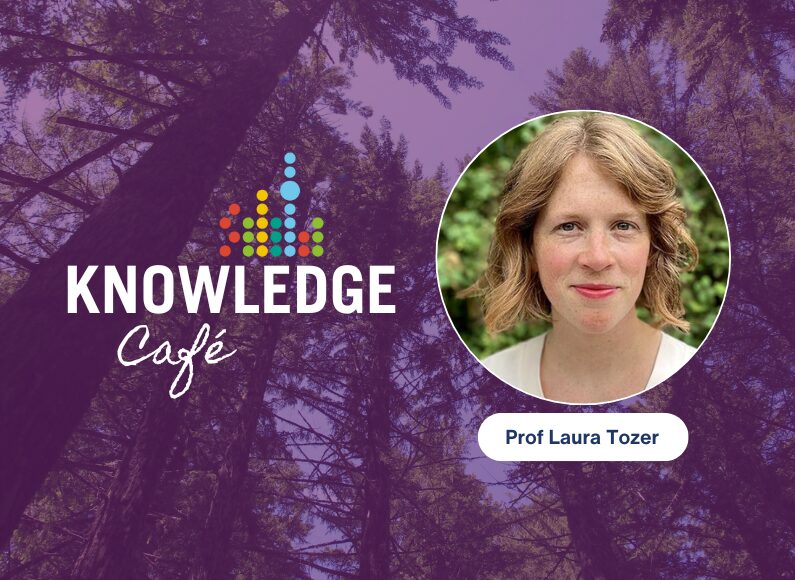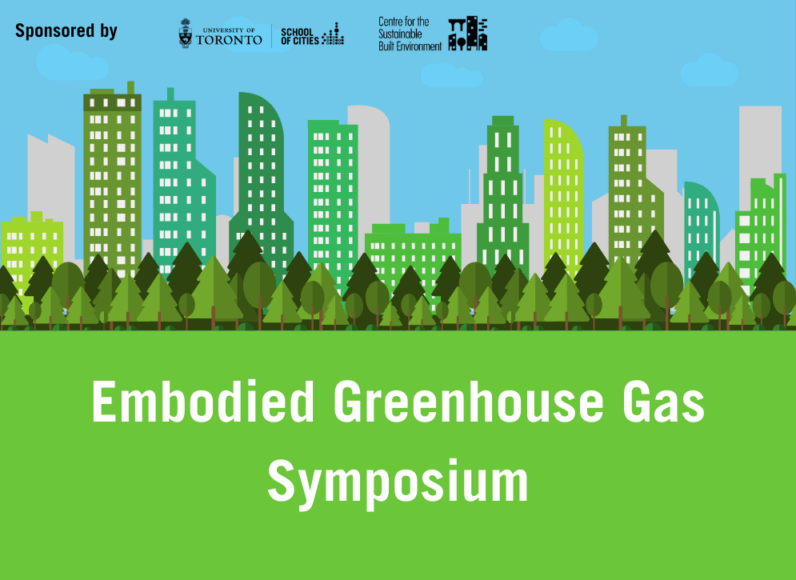Times of Uncertainty and Future Projections for Forced Migrants: The case of Syrian refugee mothers in Canada
How do Syrian refugee mothers settling in Canada imagine their futures in this new context? How do these future projections evolve over time? Drawing on extensive qualitative data from in-depth interviews and observations, Dr. Omar examines how Syrian refugee mothers experience time and uncertainty, and conceptualize their futures, after resettlement in Canada. Her doctoral research contributes to an emergent stream in the migration literature focusing on temporality as a distinct phenomenon of the migratory process.
By examining mothers’ experiences in the first year of resettlement, Dr. Omar shows how their future projections are heavily shaped by cultural and religious orientations of divine control, which may be out of sync with norms in their host society. By examining the process of English language acquisition for these mothers, she also demonstrates how state-imposed temporalities and expectations conflict with the reality of refugee experiences. Despite Canada’s integration policy that is supposed to provide newcomers with a welcoming environment and to invest in them, the limited nature of the policies in place significantly leads to a slowing down of newcomers’ trajectory towards integration and a sense of pessimism towards the future. This work illuminates broader phenomena related to considerations about time and the future, and how those play a role in shaping refugees’ identity- formation and integration processes in the host country.
About the speaker
Laila Omar is a Fung Global Fellow and Postdoctoral Research Associate at the Princeton Institute for International and Regional Studies, Princeton University. She earned her PhD in Sociology from the University of Toronto in August 2023. Her primary research interests lie in the fields of International Migration and Qualitative Methods, with a special focus on the integration process of refugees and immigrants from the Middle East and North Africa (MENA) in Canada. More specifically, Laila explores how Syrian refugee mothers and youth experience time and conceptualize their futures after their resettlement in the host country.



